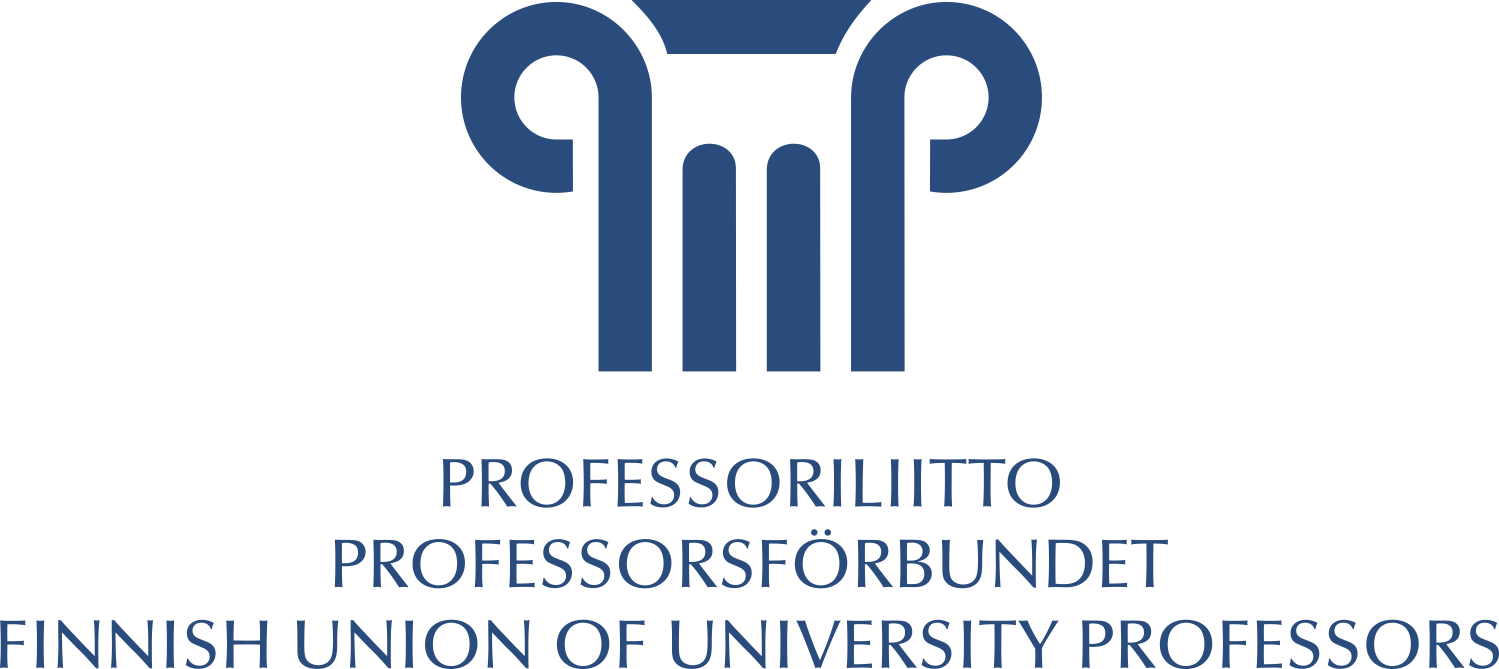Taking back control
Kirjoittanut
Howy JacobsThe landscape of scientific publishing is rapidly changing. We academics need not only to keep pace with the changes, but preferably take back control of the entire process.
Having been involved with the ‘industry’ for almost 3 decades, both as author/reviewer and editor, it feels to me as if we are close to a tipping point in several interwoven aspects.
Trustworthiness: 30 years ago we had a few high-profile ‘commercial’ journals plus a large number of ‘society’ journals, operated by publishers on behalf of specific academic communities that derived no net profit. The reliability of what was published depended in part on the honesty and integrity of scientists and on the expertise of peer-reviewers and editors. However, all of this has been displaced by two trends, both driven in part by the author-pays ‘open access’ model.
On the one hand, the large commercial publishers have become much more aggressive, seeking to capture as many articles as possible through the cascade system. Everyone strives to publish in their ‘top journals’, but if, as in the vast majority of cases, the work is not considered of sufficiently broad interest and impact, it is bounced down to their next tier outlets and so on down the line, mostly to ‘low impact, high volume’ (and more profitable) journals, all the while retaining the work in house. In competition with them, predatory publishers and those in what I call ‘the grey zone’ offer rapid publication with minimal peer-review, typically led by inexpert editors, in journals with artificially inflated citation metrics. All of these trends are undermining the trustworthiness of what is published.
Accessibility: open-access sounds an attractive proposition, but the need for authors to pay upfront restricts the ability to get published, or the type of articles that can be published. Those involved in teaching or societal outreach, or who have insightful comments to make on the research findings of others, may not have large research budgets able to support publication fees. Even if they do, their funders may not approve the publication costs of such articles. Those wishing to comment on broader issues of concern to academics (my own op-eds being an example) may find that they have to pay such fees from their own pocket, even if offered at a discount. Even learned reviews of a field are no longer supported by many funders and institutions. We risk a decline in the scope, quality and accessibility of what is put in print.
Financing: while the major costs of scientific publication (peer-review and much editorial work undertaken by academics) remain hidden or simply uncompensated, there is a widespread perception that publishers of all kinds are making large profits from our work; that fees charged bear no relation to actual costs but are simply determined by market forces. Whilst those fees are actually artificially low, considering the invisible costs, many authors feel that their writing is enriching shareholders rather than promoting scholarship.
Academic credit: members of the academic community are deprived not only of financial reward by this system, but also of career-building academic credit. Peer-review and editorial responsibilities embellish our CVs, but they are rarely measured formally, when we apply for positions, promotion, grants, fellowships or any other kind of recognition. In short, we are already operating ‘the system’ out of a sense of duty, but many of us gain little or nothing from it.
How do we arrest these trends and take back control of academic publishing? I do not have an instant answer, but perhaps other contributors here will be able to make suggestions. I’ll surely do so myself in due course.

